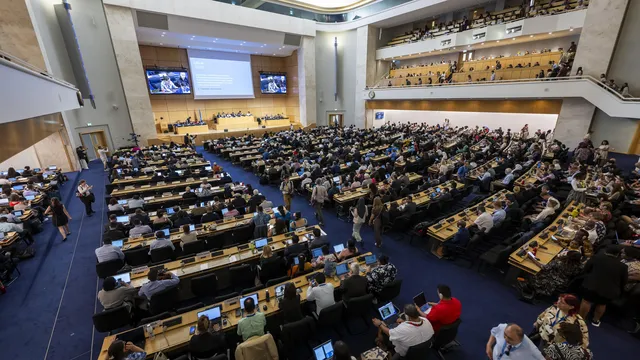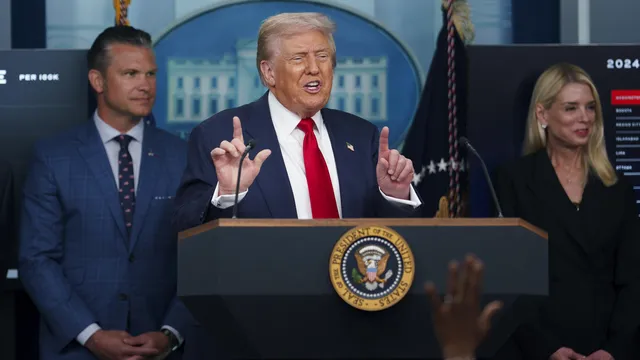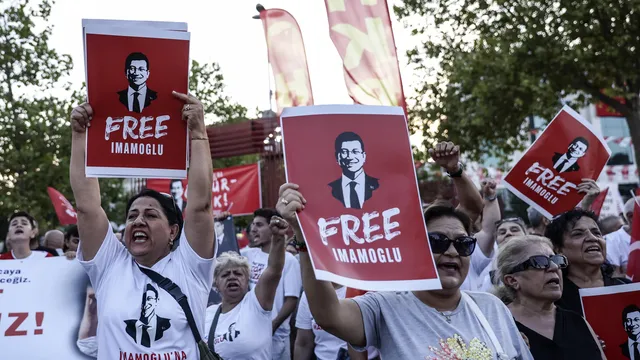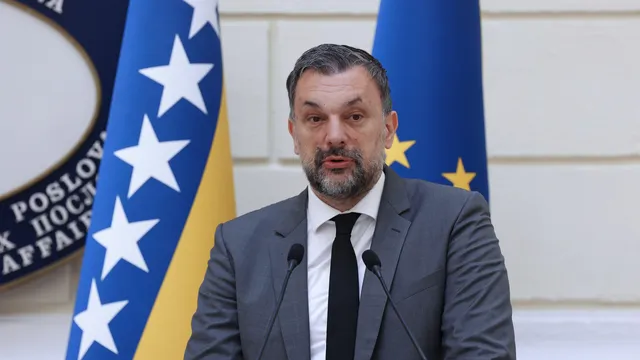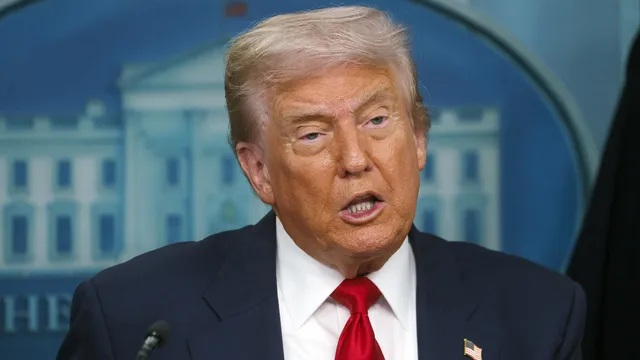Attempts to finalize a historic treaty to tackle plastic pollution collapsed into chaos on the penultimate day of negotiations, after dozens of countries rejected the latest draft, leaving talks at an impasse, AFP reported.
With about 30 hours remaining until the conclusion of the UN meeting in Geneva, 184 countries expressed strong disapproval of the text presented by negotiations chair Luis Vayas Valdivieso. A more ambitious bloc of countries criticized the lack of legally binding measures, calling the draft a minimal compromise that would reduce the agreement to a toothless waste management program.
At the same time, oil-producing countries said the text went too far and violated their “red lines,” while not sufficiently narrowing the scope of the agreement.
Negotiations on an international, legally binding instrument to address plastic pollution began on August 5. Five previous rounds over the past two and a half years had failed, including the “final” round in South Korea late last year.
With one day remaining, Ecuadorian diplomat Vayas presented a new draft, but it was immediately criticized by all parties. Panama stated that the goal is to end plastic pollution, not just to sign an agreement: “This text closes a wound… but it does so fatally, and we will not accept it. This is not ambition: this is capitulation.”
The EU described it as “unacceptable,” Kenya highlighted the lack of “global binding obligations,” and Tuvalu warned that the draft risks producing a treaty “that does not protect our people, culture, and ecosystems from the existential threat of plastic pollution.” The United Kingdom and Norway called the text “a path to the lowest common denominator,” while Bangladesh said the draft “fundamentally ignores the urgency of the crisis” and does not cover the full lifecycle of plastics, health, toxic chemicals, or reliable enforcement.
The bloc of oil-producing countries, called the “Like-Minded Group” — including Saudi Arabia, Russia, and Iran — insisted that the treaty focus primarily on waste management. Kuwait stated that the text “exceeded our red lines” and that without consensus, “there is no agreement to sign.”
Non-governmental environmental organizations also criticized the draft. Graham Forbes, head of the Greenpeace delegation, called it “a gift to the petrochemical industry and a betrayal of humanity.” WWF described it as a “devastating blow” for those affected by plastic pollution, while David Azuley of the Center for International Environmental Law warned that the draft “practically guarantees that nothing will change” and “dooms future generations.”
Over 400 million tons of plastic are produced globally each year, half for single-use purposes. Only 15% of plastic waste is intended for recycling, but in reality, only 9% is recycled. Nearly half (46%) ends up in landfills, 17% is incinerated, and 22% is disposed of uncontrolled, becoming litter. |BGNES

 Breaking news
Breaking news
 Europe
Europe
 Bulgaria
Bulgaria
